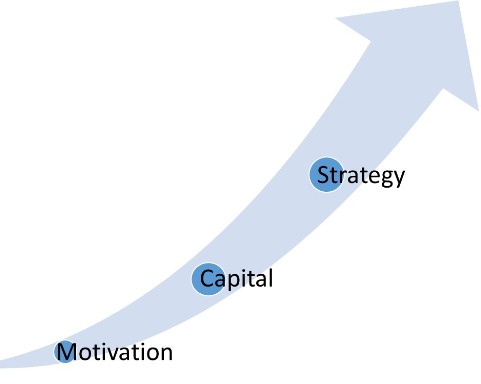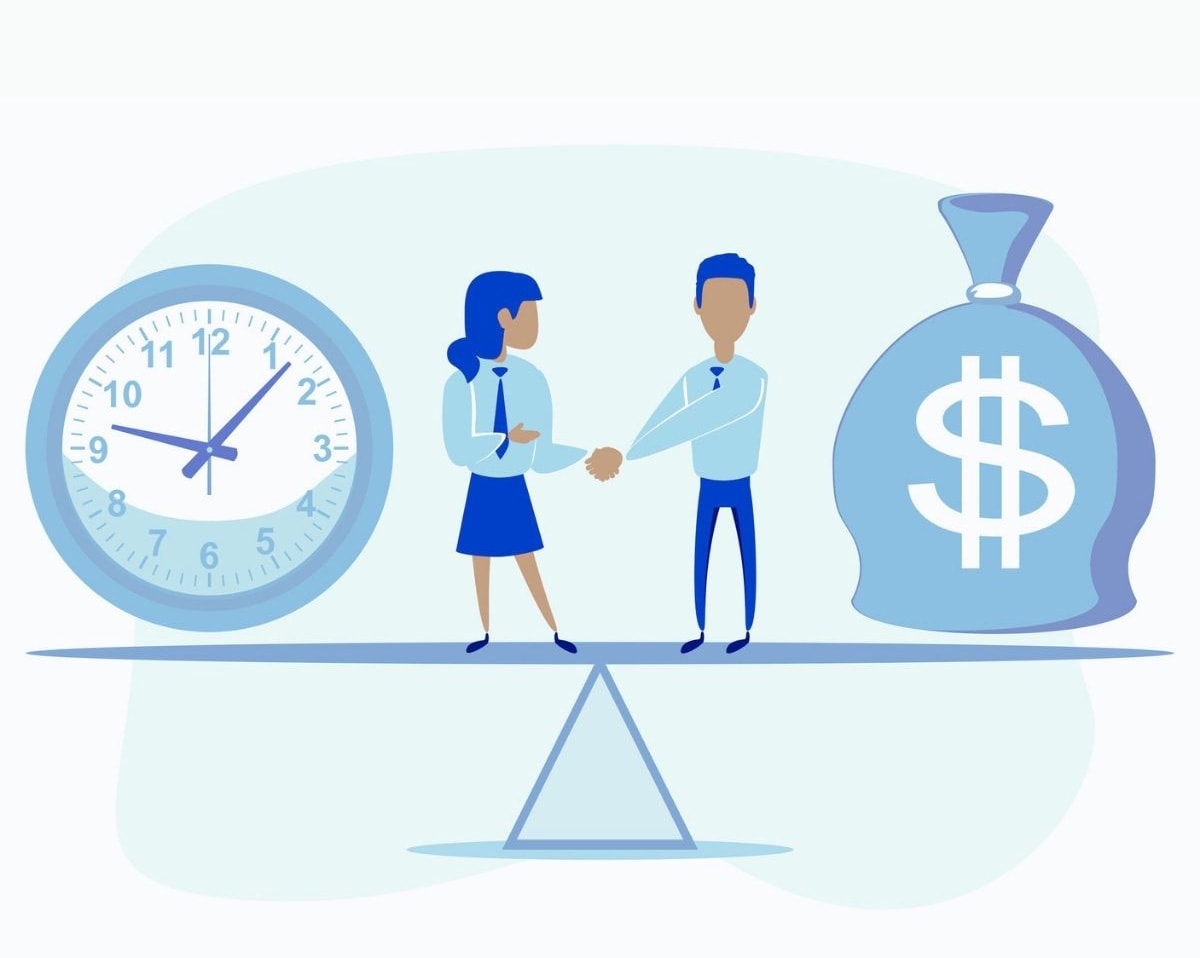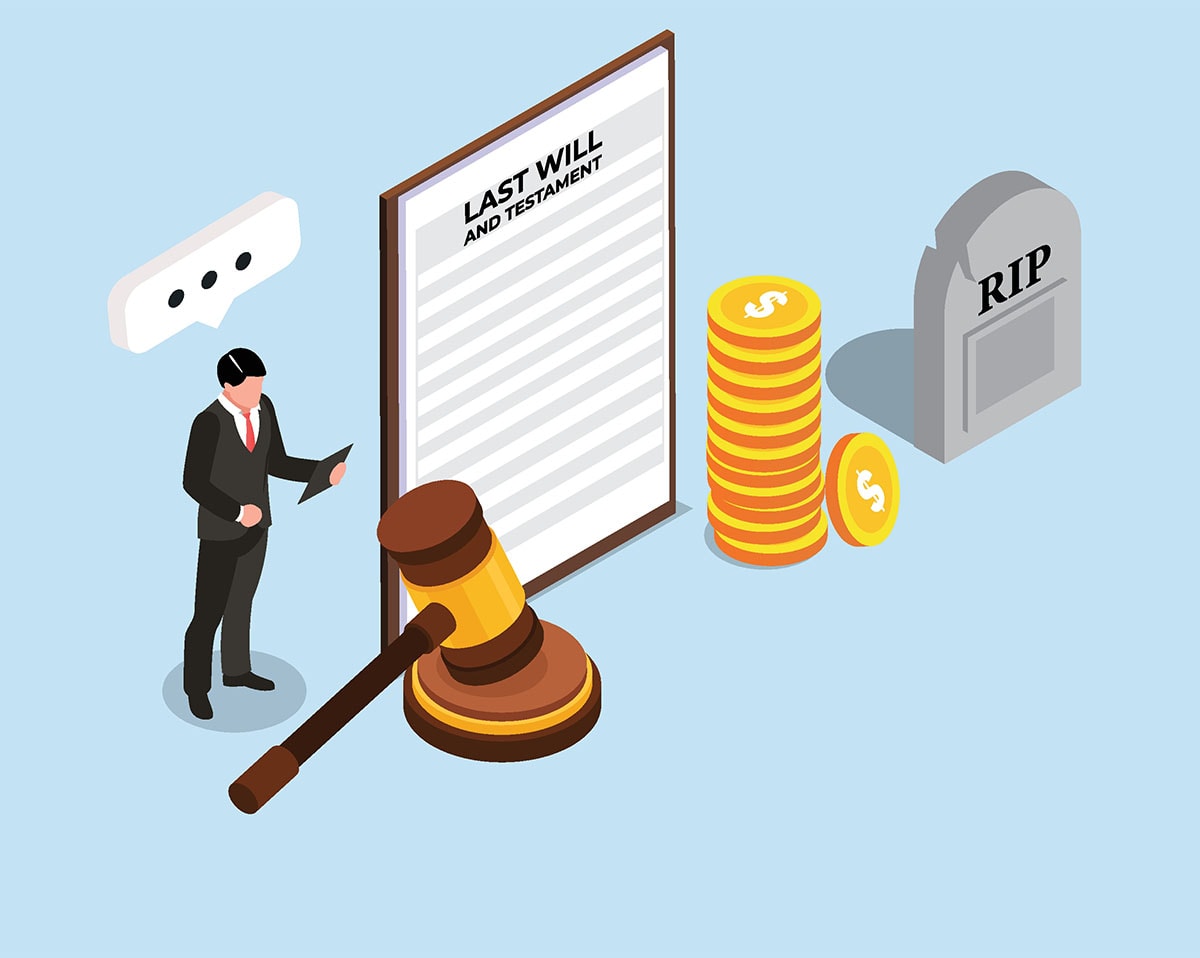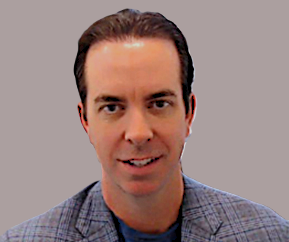
What is Preventing Your Agency from Growing?
What I’ll discuss in this post differs from most of my other ones. The discussion is an amalgamation of my studies, experiences and observations from working with business owners over the last 10 years. During that time, I have analyzed financials on far more businesses than I can track, but I would guess the number is approaching 1,000. I have also worked closely with hundreds of business owners and business buyers. I’ve read dozens of books about business valuation, investing, sales, marketing, leadership and various people. Through the years, I’ve tried to determine what sets the very successful entrepreneurs apart from the rest. My thoughts on this subject are incomplete but I’ve been sitting on pushing out this post for over a year and don’t want to delay any further.
The E-Myth Unveiled
Michael Gerber made a name for himself through his eMyth series, in which he coaches small business owners to “work on their business, not just in it”. The “eMyth”, or entrepreneurial myth, that he was referring to is that every business owner is an entrepreneur. Owning a business is entrepreneurial because the person is taking a risk that employees are not. Nevertheless, the majority of business owners across all industries are not true entrepreneurs. Some years ago the US Small Business Administration (SBA) put out a statistic that around 70% of start-up businesses fail in 5 years. From my involvement in the International Business Broker’s Association, I learned that 70-80% of small businesses are unsellable, and approximately half of businesses that do sell, only sell for the value of the assets. While not completely applicable to insurance agencies since even a small book of business has some value, these statistics generally support Gerber’s statement that most business owners are not entrepreneurs because they fail to create significant economic value in their business.
The question is why?
The Pareto Principle Applied
Any time I see 70%, 80% or 90%, I ultimately think of Pareto’s Principal (i.e. 20% produces 80% of the results). This principal surrounds us in business; the top 20-30% of firms in a niche or vertical control 70-80% of the market, the top 20-30% of people in a firm produce 70-80% of the sales, etc. Clearly in business, the few out-produce the many.
I was recently forwarded an article titled “5 Characteristics of Successful Salespeople”. The characteristics that the article mentioned included: (1) empathy, (2) focus, (3) responsibility, (4) optimism and (5) ego-drive. I thought about these and applied them to people that I know. Generally speaking, yes to be successful in sales one had to have most of these attributes, but having all 5 doesn’t equate to success. Something is missing. My wise wife proposed that “persistence” was missing from the list. She probably remembers my mom saying many times that “you have to go at life like a dog goes at a bone”. Certainly persistence is a trait that the top 20 percenters likely all have but is it enough? There is really only one element that I’ve found that very successful people share: an obsession.
Is the key having an Obsession or having a Passion?
My last statement might not be a great revelation for some of you reading this but let’s delve into this deeper: What do you obsess over in life? A hobby or leisure activity? Social interaction? If it is anything beyond your business, then the probability that you will find yourself in the top 20% in your business is low. People that obsess over their business think about it all the time. Obsessed people push themselves and others around them to the limits. They are focused on overcoming obstacles, they are focused on learning, innovating and delivering results, and, of course, they are focused on beating the competition.
Obsessed people are also driven by fear. Obsession without fear is simply passion, and passion isn’t enough to push you into the ranks of the top performers because a positive emotion only creates a casual motivation. To excel, you have to want to win, and fear losing at the same time. As Mark Cuban so aptly stated, you have to “work like there is someone working 24 hours a day to take it away from you”, because there is.
So I believe that the top 20 percenters in the business world don’t get there by natural ability, intelligence, or luck (although these help); they get there by obsessing over personal, professional and business growth. If you are not in the top 20%, are you obsessing yet? That’s step one.
The 10,000 Hour Rule
I was first introduced to this concept like many people in Malcolm Gladwell’s book “Outliers”. In it, he argues that the success of Tiger Woods, Bill Gates and The Beatles was built upon them having dedicated 10,000 hours of practice to reach mastery level before they had an opportunity to shine. While this “rule” might be an oversimplification to success, there is something interesting about it. There is an old adage that it takes 2-3 years to turn a real profit in a start-up business. Most start-up business owners work 60-70 hours a week and if you do the math, that yields 2-3 years to hit 10,000 hours. In my own professional career, I invested the same amount of time learning over the first two and a half years before I was comfortable advising clients solo (and hence producing).
Whether or not 10,000 hours makes a rule, the idea that there is a tipping point is correct. In any business, you have to put in the time to learn the skill sets and knowledge base to be effective before you can produce results. So step two on the path to becoming a 20 percenter is honing your intellectual capital and the more time you dedicate to learning (to hit the 10,000 hours), the faster you will reach mastery level. In the ever changing business world of today, there are always new things to learn too.
More to come later.
Experts in Insurance Distribution Business Valuation, Sale, and Acquisition
We deliver superior results through our industry expertise, transaction expertise, and professional network.
Contact us



